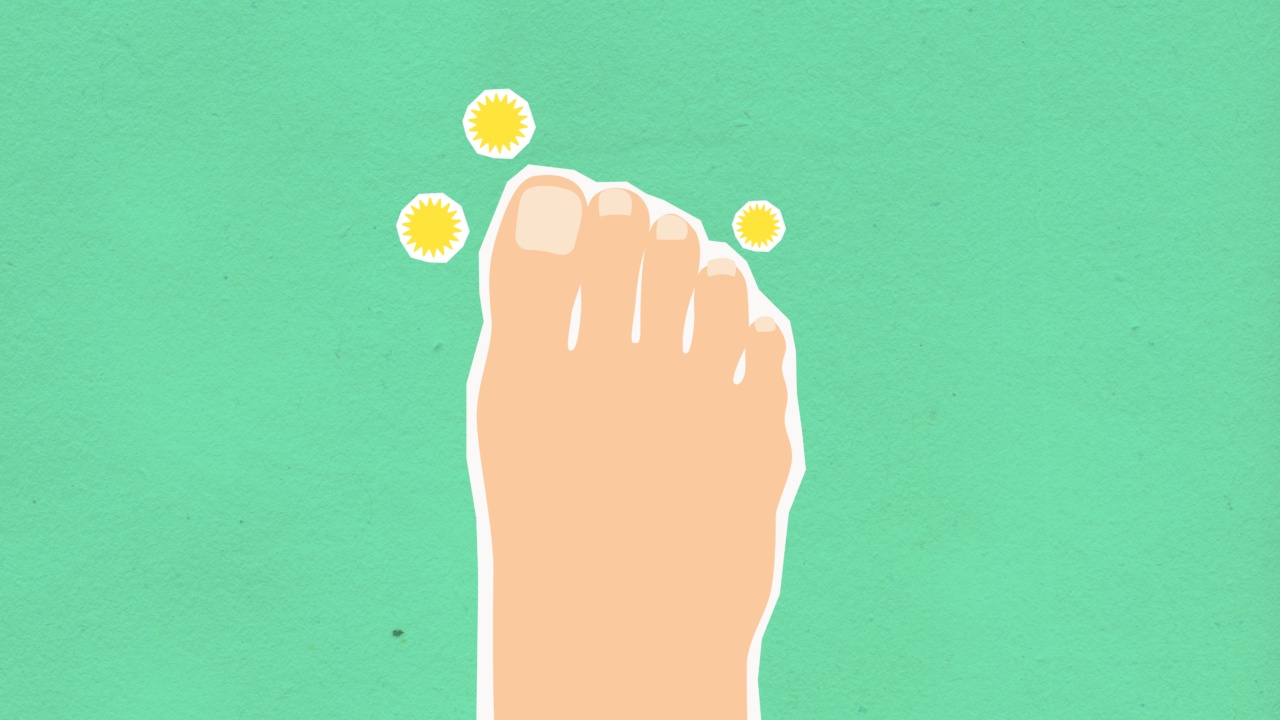Pregnancy is one of the most beautiful phases in a woman’s life. However, it also comes with its fair share of challenges, and one of them is dealing with fungal infections.
During pregnancy, the hormonal changes in a woman’s body make her more susceptible to infections, including fungal infections. Understanding and addressing these infections is crucial to ensure the health and well-being of both the mother and the baby.
What are Fungal Infections?
Fungal infections are caused by microorganisms called fungi. Typically, they thrive in warm, moist environments and can affect various parts of the body, including the skin, nails, and genitals. Common types of fungal infections include:.
- Athlete’s foot: A fungal infection that affects the feet, causing redness, itching, and scaling.
- Jock itch: A type of fungal infection that affects the groin area, causing itching, redness, and a burning sensation.
- Ringworm: A fungal infection that causes a ring-shaped rash on the skin and scalp.
- Candidiasis: Also called yeast infection, this type of fungal infection affects the vagina, causing itching, burning, and discharge.
Fungal Infections and Pregnancy
During pregnancy, hormonal changes in a woman’s body can alter the natural balance of microorganisms, including fungi, in the body. This can lead to an increased risk of fungal infections.
Moreover, pregnancy weakens the immune system, making it harder for the body to fight off infections. Vaginal candidiasis is one of the most common types of fungal infections that pregnant women face. This infection can cause discomfort and pain and may even lead to complications during pregnancy, such as miscarriage or preterm labor.
Symptoms of Fungal Infections in Pregnant Women
Some of the common symptoms of fungal infections in pregnant women include:.
- Redness and itching in the affected area
- Burning sensation during urination
- Abnormal vaginal discharge with a thick, white, and clumpy texture
- Rash or patchy scales on the skin
- Pain or discomfort during sexual intercourse
Preventing Fungal Infections During Pregnancy
Prevention is key when it comes to fungal infections during pregnancy. Here are some tips that can help:.
- Wear comfortable and breathable clothing. Avoid tight-fitting clothes that can trap moisture and heat, creating a favorable environment for fungi to grow.
- Keep the genital area dry and clean. Use mild, fragrance-free soap and avoid using scented products, such as douches, sprays, and pads.
- Take good care of your skin and nails. Keep them clean and dry, trim your nails regularly, and avoid sharing personal grooming items, such as towels and nail clippers, with others.
- Avoid using public pools and showers, especially if you have a history of fungal infections.
- Eat a healthy diet that includes probiotics, such as yogurt, which can help maintain a healthy balance of microorganisms in your gut and vagina.
Treating Fungal Infections During Pregnancy
If you suspect a fungal infection during pregnancy, it is crucial to seek medical advice promptly. Self-treatment with over-the-counter drugs can be risky, as some medications may not be safe for pregnant women.
Your doctor may recommend topical or oral antifungal medications, depending on the severity of the infection. It is essential to follow the prescribed dosage and duration of treatment to avoid complications and ensure the safety of the baby.
When to Seek Medical Help
If you experience any of the following symptoms, seek immediate medical attention:.
- Fever with a temperature of 100.4 F or higher
- Abdominal pain or cramping
- Excessive vaginal bleeding or discharge
- Fluid leakage from the vagina
- Decreased fetal movement or contractions
These symptoms could indicate a severe infection or a complication that requires immediate medical attention.
Conclusion
Fungal infections are a common concern during pregnancy due to hormonal changes and a weakened immune system. However, with proper prevention and treatment, you can minimize the risk of complications and ensure a healthy pregnancy and delivery.
If you suspect a fungal infection, seek medical advice promptly to ensure the safety of both you and your baby.




























